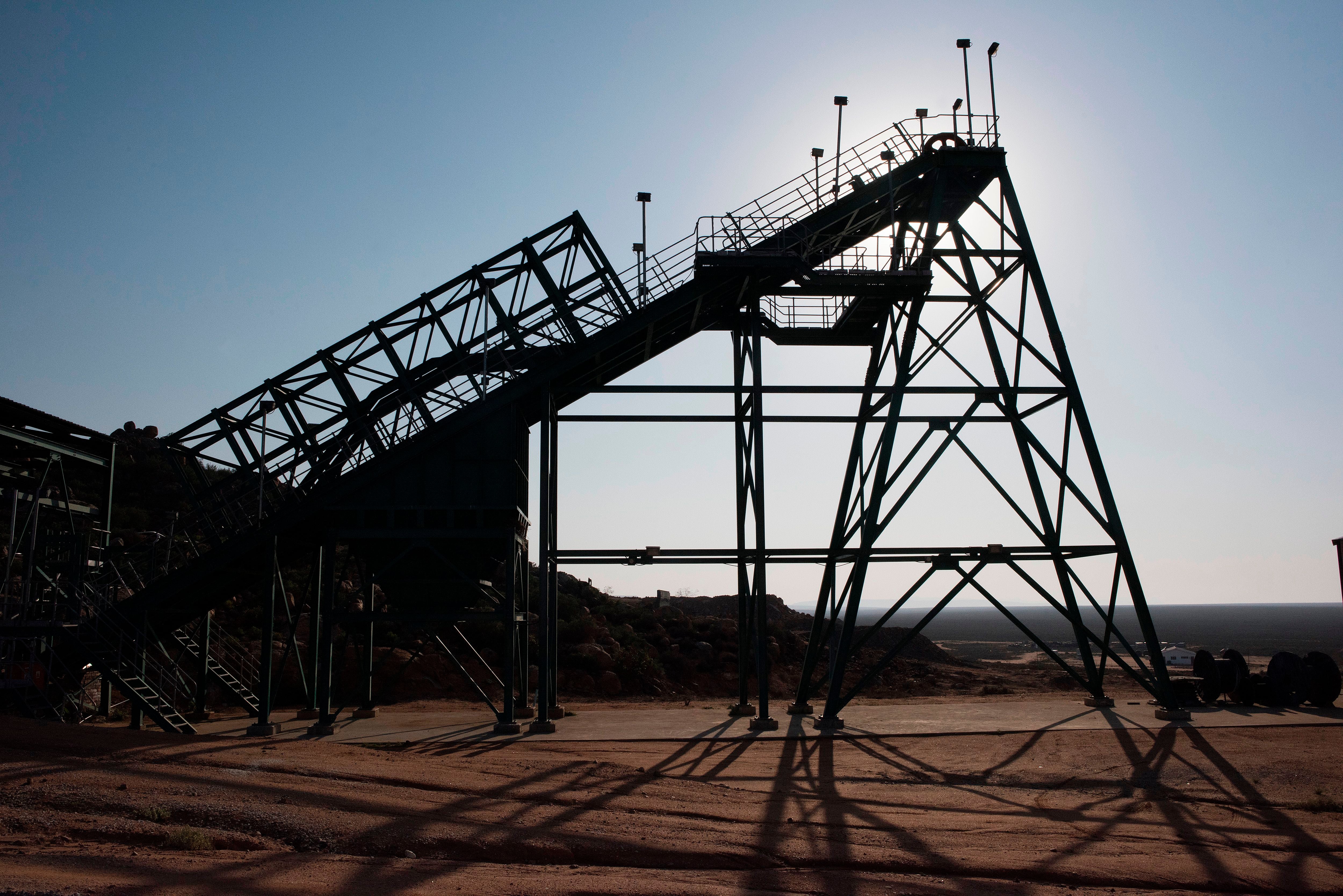WASHINGTON ― Researchers at the Pentagon have launched a project that aims to extract rare earth minerals critical for military technologies from domestic sources ― using microscopic bugs.
The potentially revolutionary biotechnology doesn’t exist yet, but the Defense Advanced Research Projects Agency wants to develop it as a step toward ending American dependence on China, the globe’s top supplier of the minerals. DARPA’s director, Stefanie Tompkins, said at the Defense News conference Wednesday she would determine whether it’s worthwhile on an industrial scale to use microbes as biofilters.
“From a DARPA perspective, we’re looking at: what are some of the barriers for the U.S. to maintain dominance in rare earth processing,” said Tompkins, a former Army intelligence officer and geologist who joined DARPA from the Colorado School of Mines.
DARPA in July launched the Environmental Microbes as a BioEngineering Resource, or Ember, a four-year program to leverage advances in microbial and biomolecular engineering to develop what it envisions as a scalable, bio-based separation and purification strategy. It’s aimed at expanding supplies of 17 elements used in magnets for electric motors, high-temperature ceramics and lasers.
“We don’t even have an evaluation of proposals yet, but we’ve done enough early assessment of the science to say the physics and the chemistry that underlies the science make it something that should be possible to be able to demonstrate sufficient scale and the potential to scale up manufacturing to make it worthwhile,” Tompkins said.
Biomining uses microorganisms to extract metals from rock ores or mine waste and can be used to clean up sites polluted with metals, according to the American Geosciences Institute. When valuable metals like copper, nickel and gold are bound up in solid rock, one biomining technique uses microbes to break down the surrounding minerals and another breaks down the metal itself.
RELATED

Biomining is considered an environmentally friendly alternative to toxic, chemical-intensive processes that could, Tompkins said, be deterring U.S. companies from extraction efforts.
The effort is just part of Washington’s stepped-up efforts to shore up defense supply chain vulnerabilities laid bare by the global coronavirus pandemic. The Pentagon’s Office of Industrial Policy announced last week it had established a two-year, department-wide “supply chain resiliency working group.”
The House Armed Services Committee’s own supply chain task force recently highlighted shortages of personal protective equipment and warned that China and other adversaries “are capable of weaponizing supply chain vulnerabilities.” Its recommendations on rare earth materials called for developing alternate extraction and processing methods, as well as increasing collaboration with allies to lessen U.S. reliance on China.
Those broader supply chain efforts include a push to reshore supplies of rare earths. Earlier this year, the Pentagon awarded a $30.4 million contract to Lynas Rare Earths Limited to boost domestic processing of light rare earth elements. The firm will use the funds to open a processing facility in Hondo, Texas, through its U.S. subsidiary, Lynas USA.
Joe Gould was the senior Pentagon reporter for Defense News, covering the intersection of national security policy, politics and the defense industry. He had previously served as Congress reporter.








